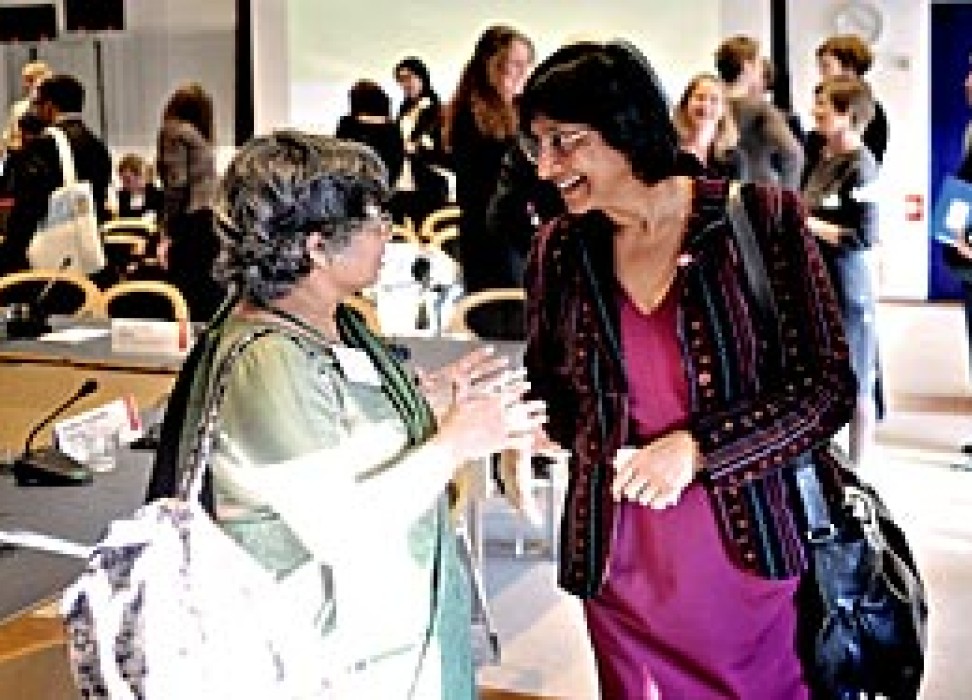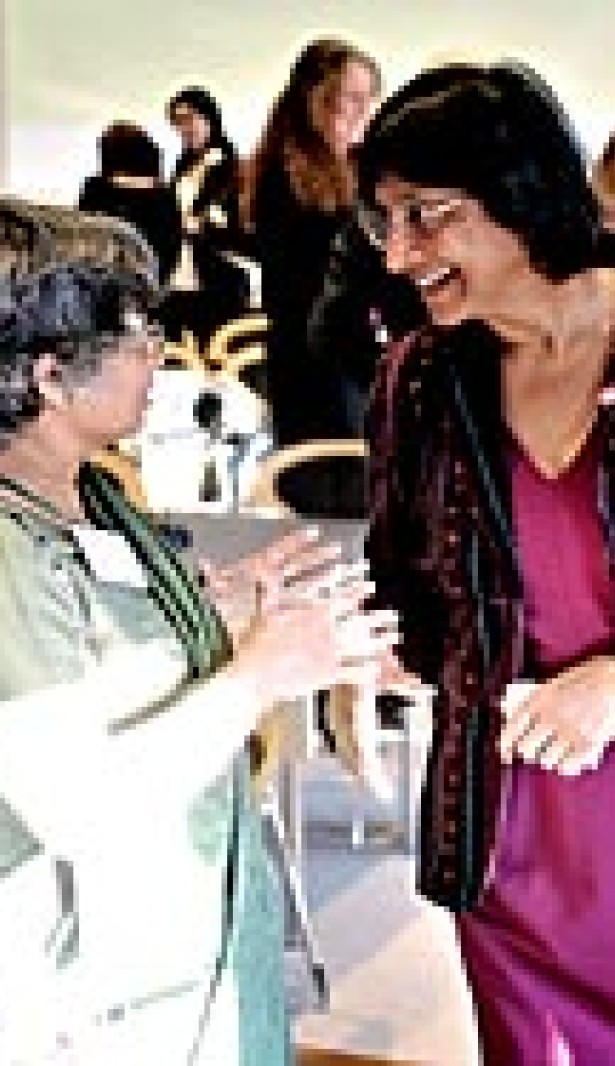The Equality Imperative
22 February 2013

The UN Human Rights Chief, Navi Pillay, spoke at the Leadership Meeting on Addressing Inequalities in the Post-2015 Development Agenda in Copenhagen, Denmark.
The meeting concluded a process of worldwide consultations, including online discussions, on inequality aimed at capturing the voices of citizens around the world and form a strategic coalition of civil society organizations, academics, and parliamentarians to help shape the future development agenda past the 2015 target date for the Millennium Development Goals (MDGs).
Ten other thematic consultations are being held worldwide and also aim to review progress in reaching the MDGs and formulate a new development framework, including education, governance, health and water.
In Copenhagen, Pillay stressed that a human rights approach could help reduce inequalities - in development outcomes and opportunities- and promote equality past the 2015 MDGs deadline.
“New goals that aim to be universal, which centre on the goal of equality, and that are framed by human rights will enhance the moral resonance, the mobilising force, the sustainability and the impact of post-2015 commitments,” Pillay said.
“It is time for a fundamental re-think of what counts for human progress after 2015. And that re-think should be grounded explicitly in our universal human rights obligations, and in the equality imperative,” she added.
Pillay also highlighted the issue of violence against women as a consequence of long-standing structures of discrimination and domination.
“No new development agenda will eliminate, entirely, a problem as profoundly ingrained as the scourge of violence against women,” the High Commissioner said. “But a new development agenda must, at the very least, bring structural discrimination of this kind to the surface wherever and whenever it occurs.”
22 February 2013

VIEW THIS PAGE IN:
